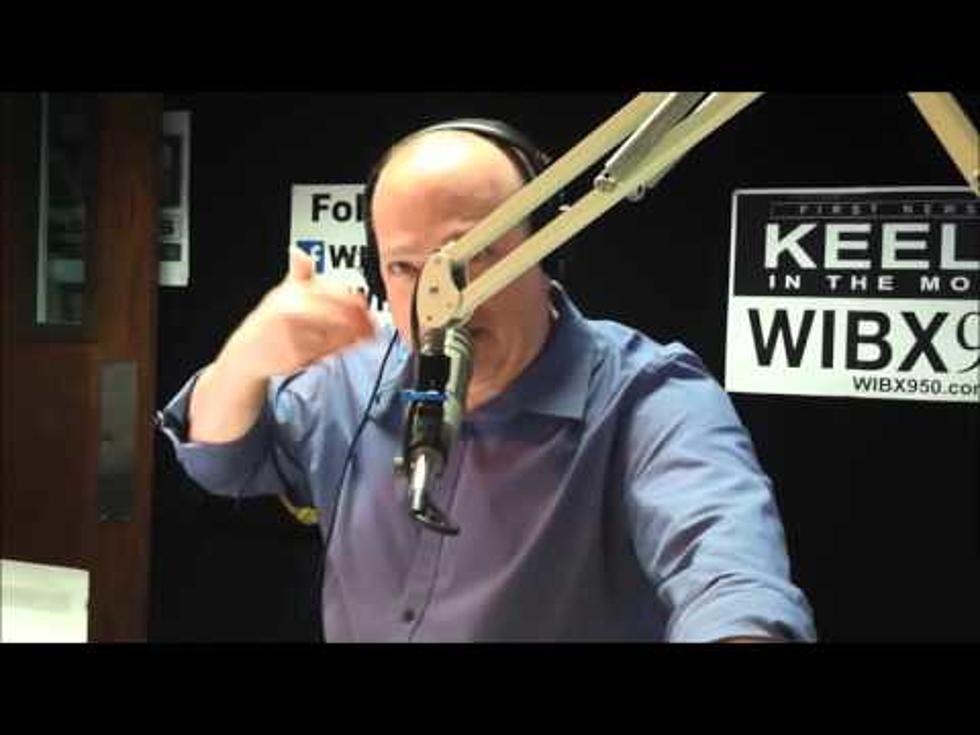
Researchers Link Sleep Apnea to Silent Strokes
People with severe sleep apnea may have an increased risk of silent strokes and small lesions in the brain, according to a study presented at the 2012 American Stroke Association International Conference.
“We found a surprisingly high frequency of sleep apnea in patients with stroke that underlines its clinical relevance as a stroke factor,” said lead study author Dr. Jessica Kepplinger, in a statement.
“Sleep apnea is widely unrecognizable and still neglected. Patients who had severe sleep apnea were more likely to have silent strokes and the severity of sleep apnea increased the risk of being disabled at hospital discharge,” she explained.
The results showed that 91 percent (51 of 56) of the patients who had a stroke had sleep apnea and were more likely to have silent strokes and white matter lesions that increased risk of disability at hospital discharge.
Researchers also found that having more than five sleep apnea episodes per night was associated with silent strokes, and more than one-third of patients with white matter lesions had severe sleep apnea.
More than 50 percent of silent stroke patients had sleep apnea, and even though men were more likely to have silent infarcts, correlations between sleep apnea and silent infarcts remained the same after adjustment for such gender differences.
Participants used in the study were 67 years of age on average, white, and 54 percent of the women underwent overnight in-hospital-testing for sleep apnea. MRI’s and computerized tomography determined silent strokes and white matter lesions.
The research team believes that the level of concern for sleep apnea should be raised to equal other vascular risk factors such as high blood pressure.
“Demographic characteristics in our study are comparable to western European populations, but our findings may not be entirely generalizable to other populations with diverse ethnicities such as in the U.S.,” Kepplinger said.
More From WIBX 950










